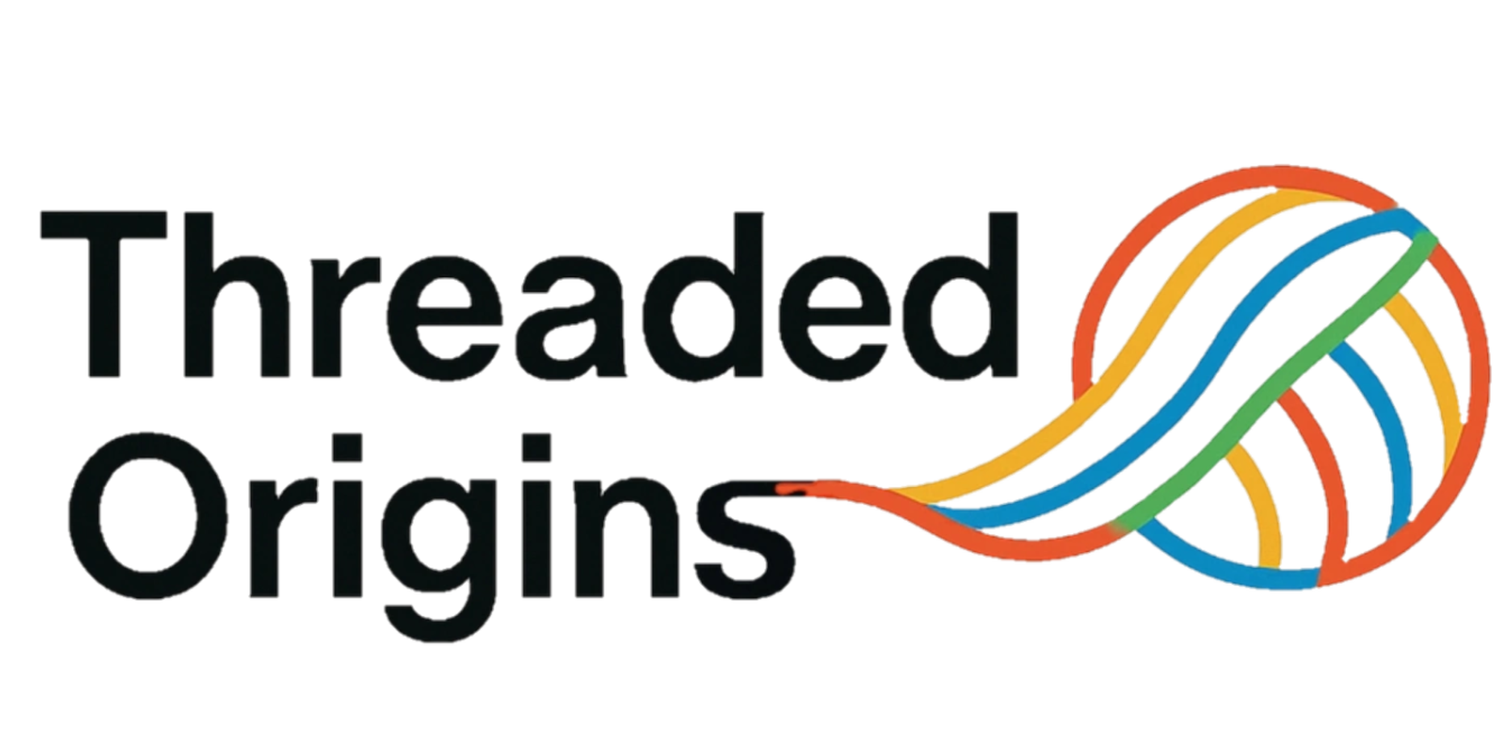A Fractured Mirror.
The fragments of a broken mirror are distorted and harmful. They reflect back broken images, warped reflections, and sharp points that can cut the very people who look too closely. Identity for many multiracial people is created by that kind of mirror, one constructed not through self-awareness, but through other people's expectations.
Our society enforces simplicity. It needs labels it can easily say and easily understand. Black or white. Asian or Latino. Immigrant or American. But multiracial identity disrupts that comfort. It introduces complexity in an increasingly simplistic society. Many multiracial individuals are often misnamed, misunderstood, or forced to "pick a side." Sometimes this is based on ethnocentrism. More often, it is based on habit. But the result is the same: racial identity transforms into something that must be defended or explained, everywhere you go. And these forces don't shout. They come in quiet, nagging ways. A teacher incorporating your "true" last name as something else. A form that invites you to check only one box. Or those comments that say you're "not really Asian" or "essentially white." Week by week, day by day, these experiences construct an unbalanced tale, one in which multiracial people are perceived as partial, incomplete, or even untrue. Not because they are, but because the world refuses to see them as whole.
This situation has a name. Psychologist Maria P. P. Root calls it identity invalidation, when another person dismisses or delegitimizes parts of a person's identity so that it becomes more difficult for them to claim it. It's not just belittling. It's unsteady. If your mirror is constantly forced into a space designed for someone else, it pushes you to believe what you're seeing, to dismiss your other fragments.
When multiracial individuals are forced to perform, or censor certain fragments of themselves in an effort to be accepted, it can lead to confusion, exhaustion, and sometimes internalized doubt. They begin to wonder if they ever truly belong at all. Not because they don't, but because belonging has always been a function defined by lines they were never intended to cross.
Clearly, the mirrors are not the issue, it’s the cut-out that it is meant to fit. The solution is not to change identity for the sake of making it easier for others, it's to expand society's understanding of what identity really is. That starts with a shift in language. To have someone ask "What are you really?" reduces. To say "so you’re basically" divides. We need systems, schools, media, communities, that celebrate multiplicity, not just tolerate it. And we need mirrors that reflect people as they are, not as other people might want them to be.
Multiracial identity is not confusion. It's complexity. And complexity isn't weakness, it's depth. Identity isn't suppposed to squeeze inside the pre-made boxes. It's to build something unique, authentic, and honest.
Let’s change this. Join our mission at Threaded Origins!
